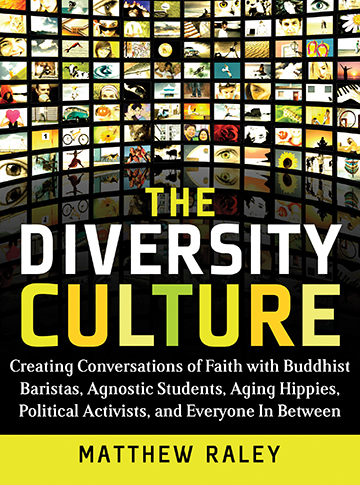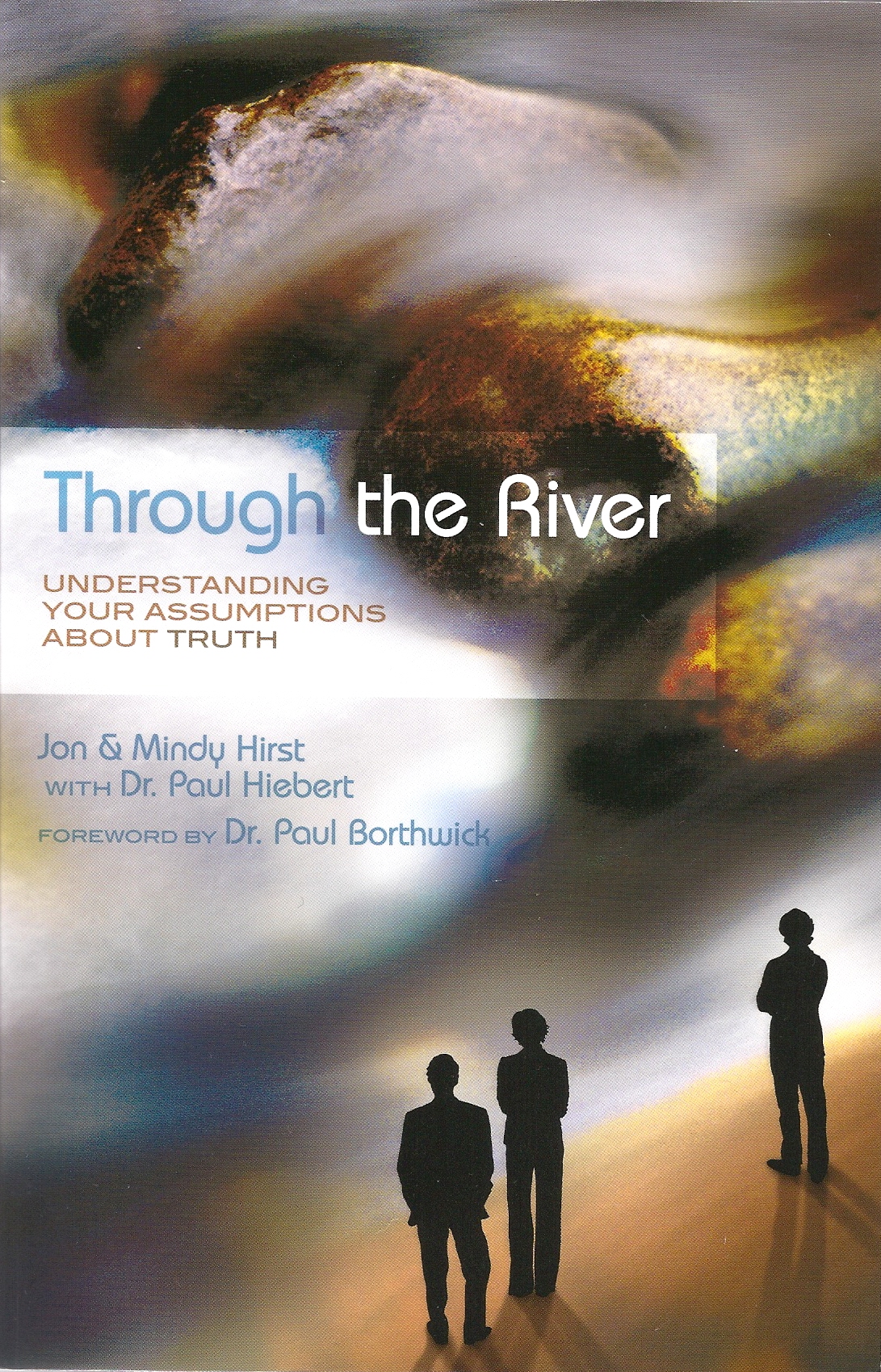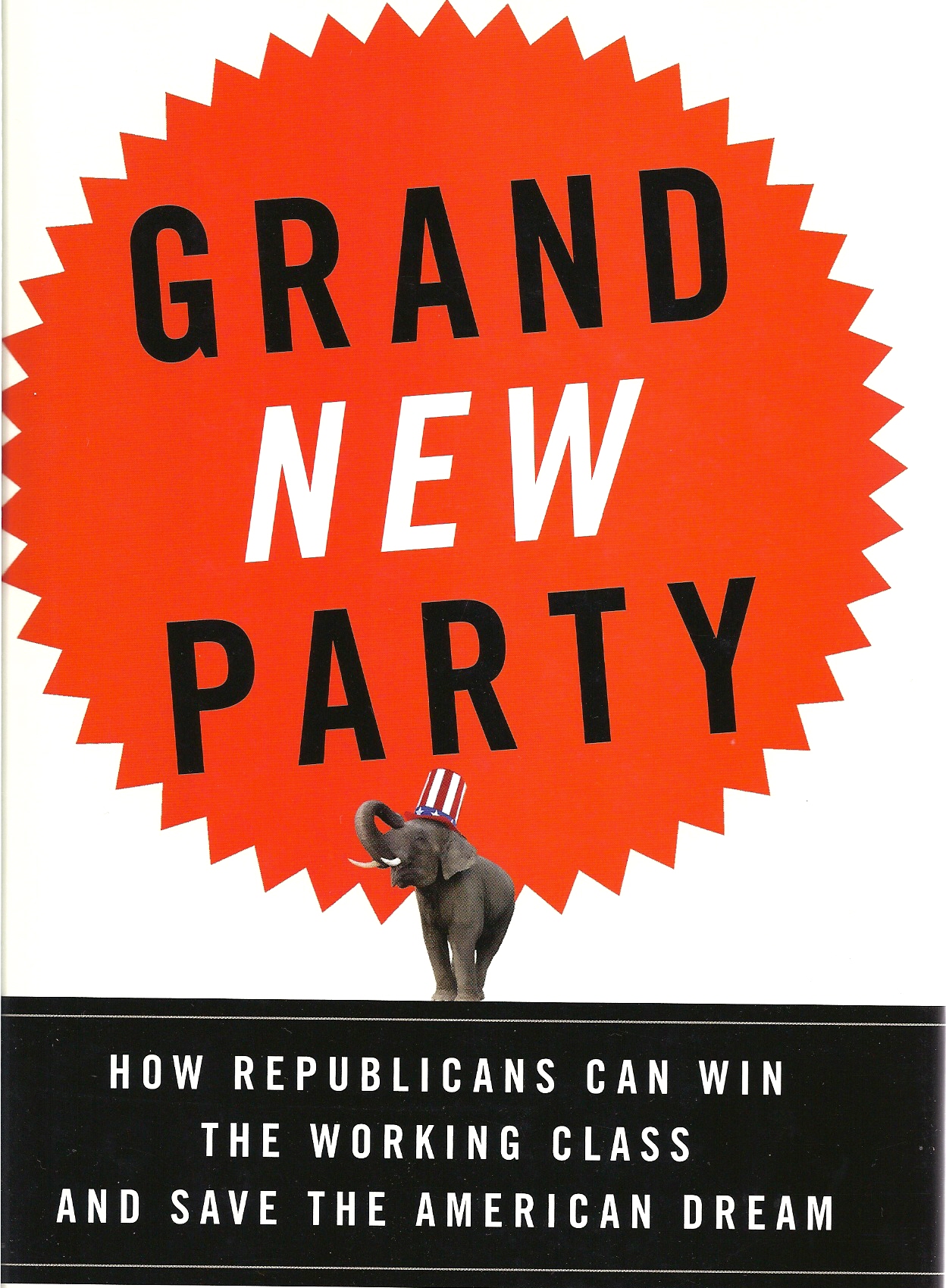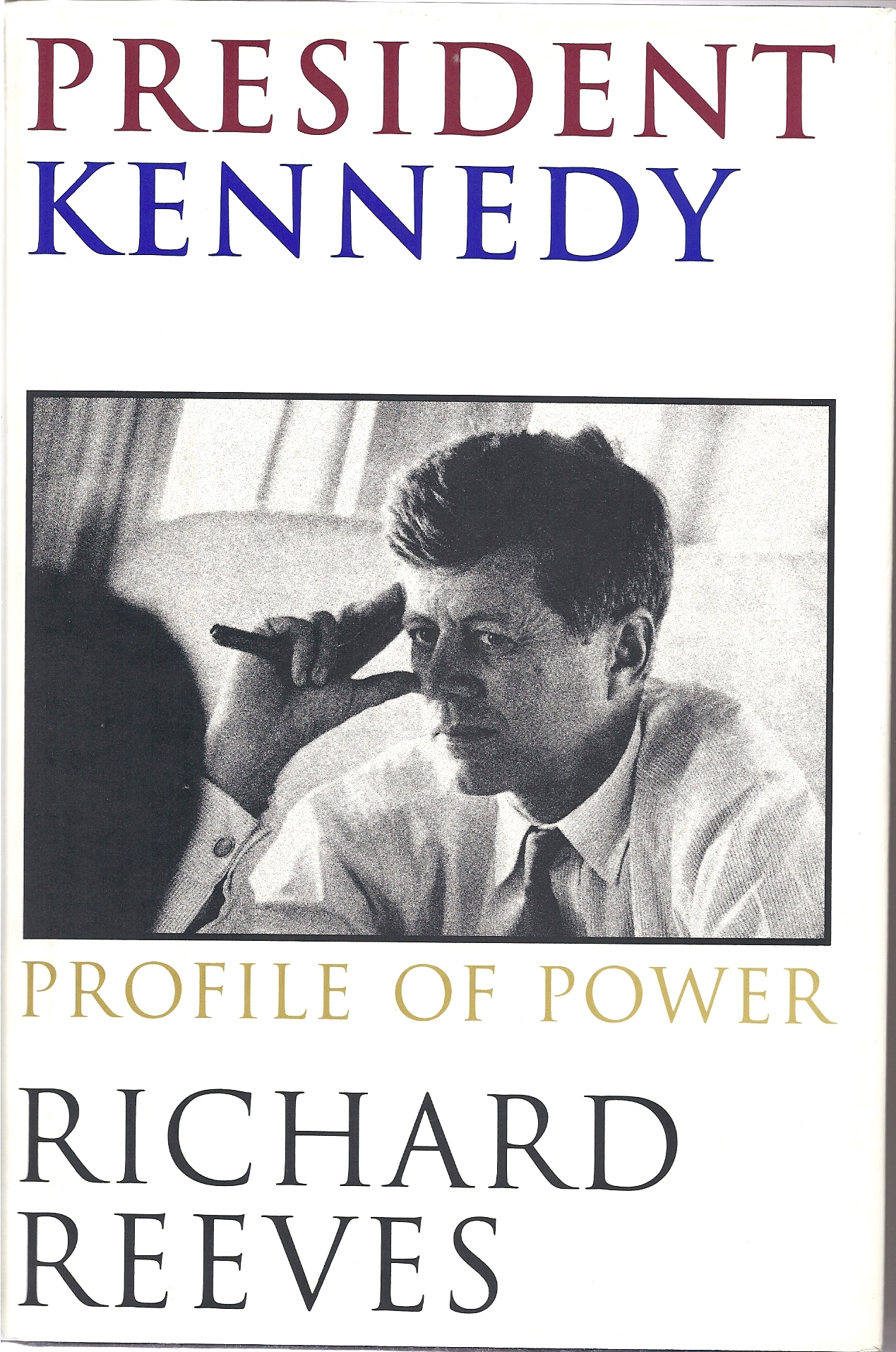by Matthew Raley
 D. A. Carson. A Call to Spiritual Reformation: Priorities from Paul and his Prayers. Grand Rapids: Baker Academic, 2011.
D. A. Carson. A Call to Spiritual Reformation: Priorities from Paul and his Prayers. Grand Rapids: Baker Academic, 2011.
D. A. Carson’s enriching book is more than a manifesto for revival. It is a searching meditation on the imperative, the power, and the generative attitudes of prayer. First published in 1992, the book may be an even more sobering read today, more than twenty years later. The decline of the American church has continued without interruption, and the contributing factors and cultural symptoms of our decline are now worse. Carson’s exegetical depth, however, gives me fresh hope.
Carson opens with an analysis of the American church’s prayerlessness (Introduction), the conclusion of which is that we do not know God well enough. He opens the nature and focus of prayer in a series of chapters drawing on the example of other Christians (Chapter 1), the model of 2 Thessalonians 1 (Chapters 2 and 3), the overall burden for people in Paul’s prayers (Chapters 4-5), and the model of Colossians 1 (Chapter 6). Carson pauses to examine various excuses for prayerlessness and to expound the motivations for overcoming them (Chapters 7-8). He then develops much-needed theological rationales for prayer, dealing with the nature of God (Chapters 9-10), the nature of spiritual power (Chapter 11), and vision for ministry (Chapter 12).
In order to find fault with any of Carson’s exegesis, one would have to marshal detailed technical objections. Even where that might be possible, his devotion to expounding the Scriptures accurately is displayed on every page. Carson’s examination of 2 Thessalonians 1 is rich with applications derived meticulously from context (Chapter 3). On page after page, Carson gives appropriate details about Paul’s inferential and referential particles to clarify why Paul prays and what he prays for. In fact, one of the most edifying features of Carson’s book is his frequent reproduction of lengthy passages that the reader can mull over without any commentary.
Many books are filled with solid exegetical details that nevertheless clutter big themes. Carson’s book is not one of them. He shows the Bible’s big picture of prayer.
In particular, the book corrects the overly individualistic concept of prayer many evangelicals have. Carson doesn’t belabor the inadequacy of a prayer life that is exclusively private, or attack individualism outright. Instead, he shows the communal prayer life of Paul in high definition. And that is rebuke enough. In chapter 4, Carson reproduces prayers from all of Paul’s letters to show how immersed he was in the lives of his fellow believers. Chapter 5 is devoted to an even more detailed treatment of this theme, unpacking 2 Thessalonians 3:9-13. Also, Carson demonstrates that this relational aspect of prayer, taught so exhaustively in the New Testament, was a feature of God’s people more recently. He tells many stories of how the people in his life influenced his praying in chapter 1, and he consistently draws on the history of revivals throughout the book.
This emphasis on human relationships in prayer continues to be neglected, and Carson’s faithfulness to the biblical model remains urgently needed.
There are issues about which I would like to learn more from Carson. For example, he addresses spiritual warfare briefly in chapter 12, which focuses on Romans 15. Prayer in this connection is almost exclusively the preserve of charismatic believers, as it was when Carson first wrote the book. The role of angels and demons in the life of Christ and the growth of the church is a prominent theme of the New Testament. I would like to have seen more about such issues in relation to prayer, especially in light of the mainstreaming of New Age spirituality that has occurred in the last twenty years.
Still, Carson’s book is a powerful antidote to the prayerlessness that has poisoned our spirits.







